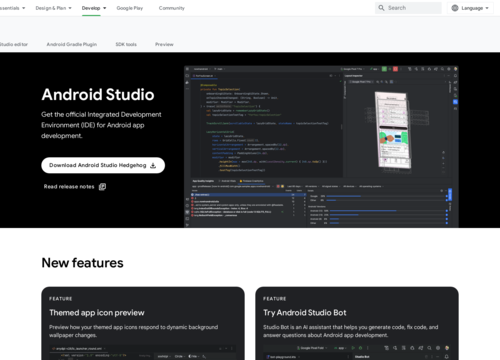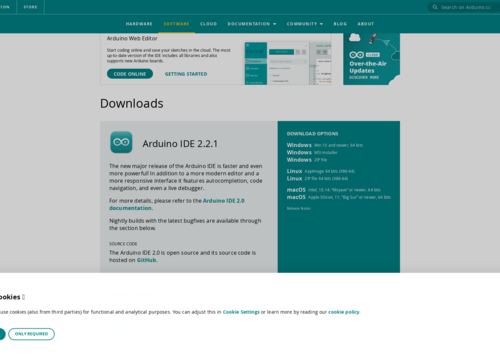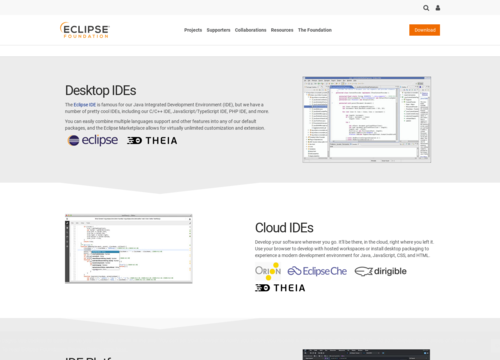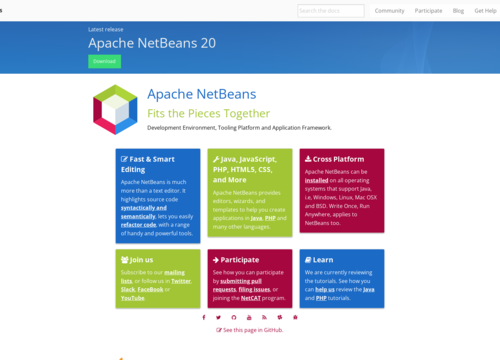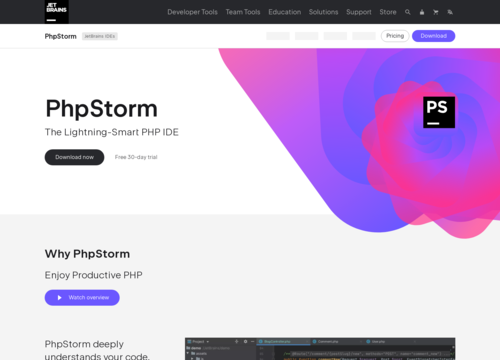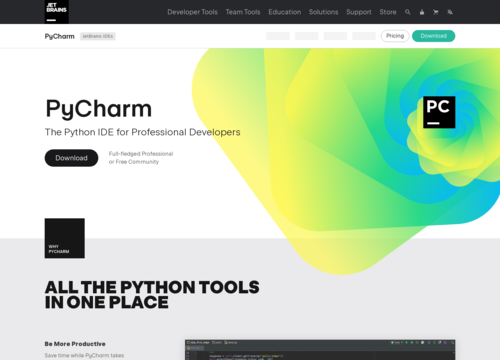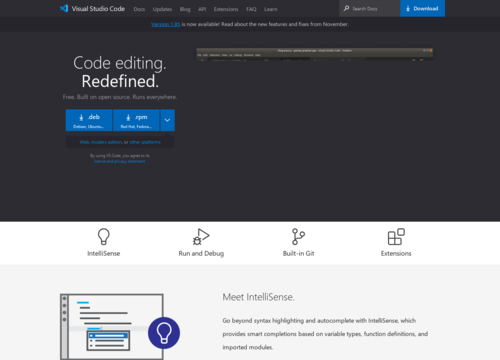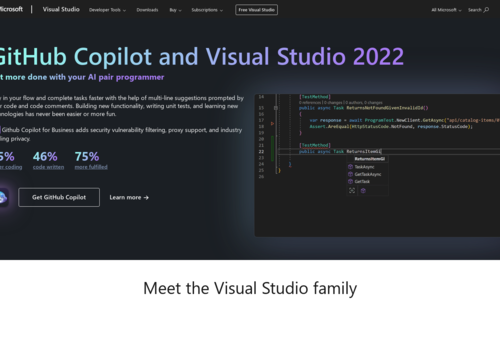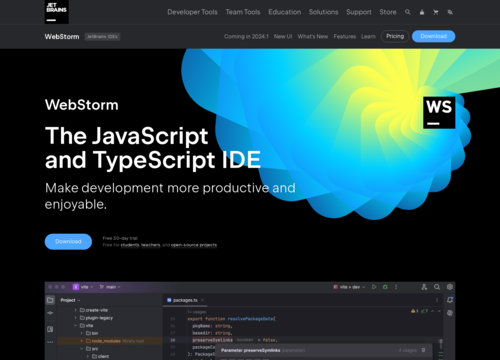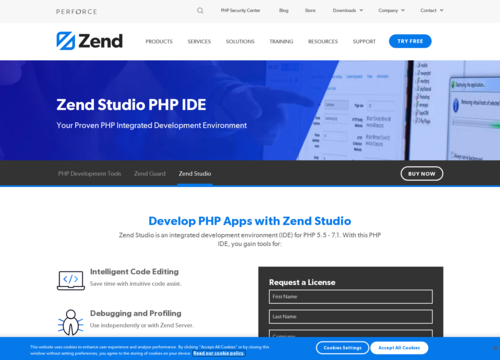Xcode
Xcode is an integrated development environment (IDE) created by Apple for developing software for macOS, iOS, iPadOS, watchOS, and tvOS. It is the primary tool used by developers for creating apps for Apple's ecosystem of devices. The following is a breakdown of its key features and components:
User Interface Design
Xcode provides an interface builder, a graphical UI tool that allows developers to design interfaces without writing code. You can drag and drop elements such as buttons, labels, and sliders and configure their properties and constraints. This tool supports AutoLayout for dynamic layout design across devices of different sizes.
Coding and Editing
At its core, Xcode is a powerful source editor. It supports multiple programming languages but is most commonly used with Swift and Objective-C for Apple development. The editor offers features such as syntax highlighting, code completion, and live issues (which show errors and warnings in real-time).
Swift and Swift Playgrounds
Swift is Apple's programming language and is heavily integrated into Xcode. Swift Playgrounds is a feature that allows for interactive coding, which is especially useful for learning Swift and testing code snippets in real-time without the need to compile an entire project.
Simulator and Device Testing
Xcode includes simulators for testing apps on different Apple devices and OS versions without needing physical devices. It also supports testing on connected physical devices.
Debugging Tools
Xcode includes an array of debugging tools, including LLDB, a powerful debugger that allows you to inspect and modify the state of a running app, and Instruments, a tool for performance profiling and memory leak detection.
Source Control
Xcode integrates with Git for version control, enabling developers to manage and track changes to their codebase. It supports common Git operations directly within the IDE.
Asset Management
Xcode manages assets such as images, sounds, and interface files through an asset catalog. This organization makes it easy to handle different resolutions and device specificities, such as retinal displays.
Project and Build Settings
Xcode allows detailed configuration of the project and build settings. This includes setting up code signatures for app deployment, managing build configurations, and customizing compiler settings.
App Store Integration
Xcode streamlines the process of distributing apps through the App Store. The app includes tools for packaging, submitting, and even debugging apps once people live on the store.
Extensions and customization
While Xcode is a comprehensive tool available outside of the box, it also supports extensions and customization, allowing developers to tailor the IDE to their specific needs.
Documentation and Help
Xcode integrates Apple's extensive developer documentation directly into the IDE. This approach makes it convenient for developers to access official guidelines, API references, and sample codes. The documentation is context sensitive, offering relevant help based on the code being worked on.
Performance analysis
Beyond basic debugging, Xcode includes tools for analyzing and optimizing the performance of apps. Instruments, which are part of Xcode, are particularly useful for tracking down memory leaks, understanding CPU usage, and analyzing other performance metrics.
Interface Localization
Xcode supports the localization of apps for multiple languages and regions. It offers tools to manage localized resources and streamline the process of adapting an app for global audiences.
Storyboard and SwiftUI
For UI design, Xcode offers Storyboards, which are visual representations of the user interface, and SwiftUI, a framework for declarative UI design introduced with Swift. SwiftUI works across all Apple platforms and allows for live previews of changes.
Core Data Integration
Core Data, Apple's framework for data persistence, is closely integrated into Xcode. This allows developers to visually design their data model and manage relationships between data objects without writing extensive boilerplate code.
Advanced Features for Experienced Developers
For more experienced developers, Xcode offers advanced features such as memory graph debugging and addressing sanitizers to help diagnose complex memory and threading issues.
Widget and Extension Support
Xcode enables the creation of widgets and extensions, allowing developers to extend the functionality of their apps beyond the traditional app boundaries. These include Today, widgets, WatchKit apps, and various extensions.
Accessibility Tools
Xcode includes tools to ensure that apps are accessible, including VoiceOver testing and interface audits, to ensure that apps can be used by people with various disabilities.
Continuous Integration and Automation
With the Xcode server, developers can establish continuous integration, automating the process of building, testing, and distributing apps.
Collaboration and Teamwork
Xcode supports teamwork with features such as source control for collaborating on code and the ability to comment and review code within the IDE.
Xcode is much more than just a code editor. It is a comprehensive suite of tools that supports the entire lifecycle of app development, from designing and coding to testing, optimizing, and submitting apps to the App Store. Its integration with Apple's ecosystem makes it necessary for developers working on Apple platforms.





















